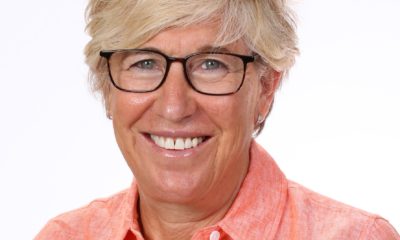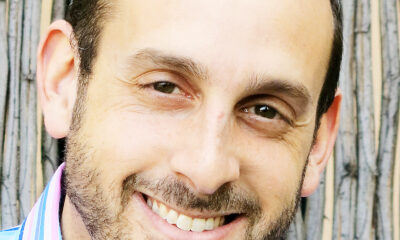
Featured Item

Pandemic and load shedding make achievements even greater
The class of 2022 faced the worst of the COVID-19 pandemic, lockdown, online learning, and Eskom’s load shedding, but it has triumphed, making students more resilient.
Though matrics had no choice but to adapt and become resilient – valuable life skills making some students arguably more focused – there were other less favourable effects. In 2022, power cuts increased 200%. November, according to Eskom, was the worst month for electricity outages that year. Matric examinations started on 31 October 2022.
COVID-19 influenced matrics’ learning and social and developmental lives from as far back as two years’ prior. These years are considered to be the building blocks and senior foundation phase of the matric year. Dr Elizabeth Leaver, the head of the English department and further studies at King David High School Victory Park (KDVP), said students were more anxious than previous years as “they were aware that the interruptions created in their Grade 10 and 11 years would pejoratively impact their matric year”.
Hayley Kobrin, the head of mathematical literacy at KDVP, said that when students were online in 2020, they missed a lot of work “as they didn’t take this time as seriously as if they were learning in-person”. She believes the students of 2022 – in Grade 10 at the time – weren’t mature enough to take the lessons online seriously. As a result, they lost focus and those with learning barriers were even more susceptible to the pressure created by the pandemic. The basic education department says the class of 2022 has been most negatively affected by the COVID-19 pandemic.
Clinical psychologist Ruth Ancer says the COVID-19 pandemic increased the mental-health issues related to depressive disorders as well as stress and anxiety levels. Kobrin concurs, saying anxiety levels “seemed to be worse than usual”. According to Ancer, social interaction was compromised during the pandemic and has resulted in a developmental gap in some students in the matrics of 2022.
Though Kobrin also maintains that students have been socially compromised, Leaver doesn’t see any evidence of it.
Caryn Horowitz, Yeshiva Girls High School psychologist, who also runs a private practice for adolescents and adults, says that “given the fact that matric is as stressful as it is, the predictable unpredictability of load shedding just added to it”. Leaver also says load shedding is an undeniable added pressure. Horowitz points out that not every student has a generator or solar panels at home, and this raises anxiety-provoking questions such as when a learner will be able to download information and access the internet. Kobrin, however, believes that most students at KDVP “were privileged, and had some source of power during load shedding” and were lucky enough to have a generator at school. The impact is, therefore, partially an economic one.
Horowitz says that maintaining routine is among the tips for success usually given to students, making for a structured and organised environment. However, this was compromised by load shedding.
It also affected memory, and how students managed their exams. The electrical outages have had many “questioning their future in the country, and this put added pressure on students to do well”.
Ancer says the relentless load shedding made it difficult for students to concentrate and study. Making a cup of tea or coffee in a study break sometimes became a challenge. The stress levels were such that even the irregularity of traffic lights and resultant traffic during exams added another layer of tension.
Insight into the psychological effect of the difficulties the matric class of 2022 faced give us greater appreciation of its massive achievements. Leaver celebrates the courage and tenacity of the students of 2022 who have, “bounced back”. Though the psychological bruises they suffered may continue to have an impact, the added resilience, single-mindedness, and flexibility will perhaps enable them to meet the many challenges that future study and life may present.










